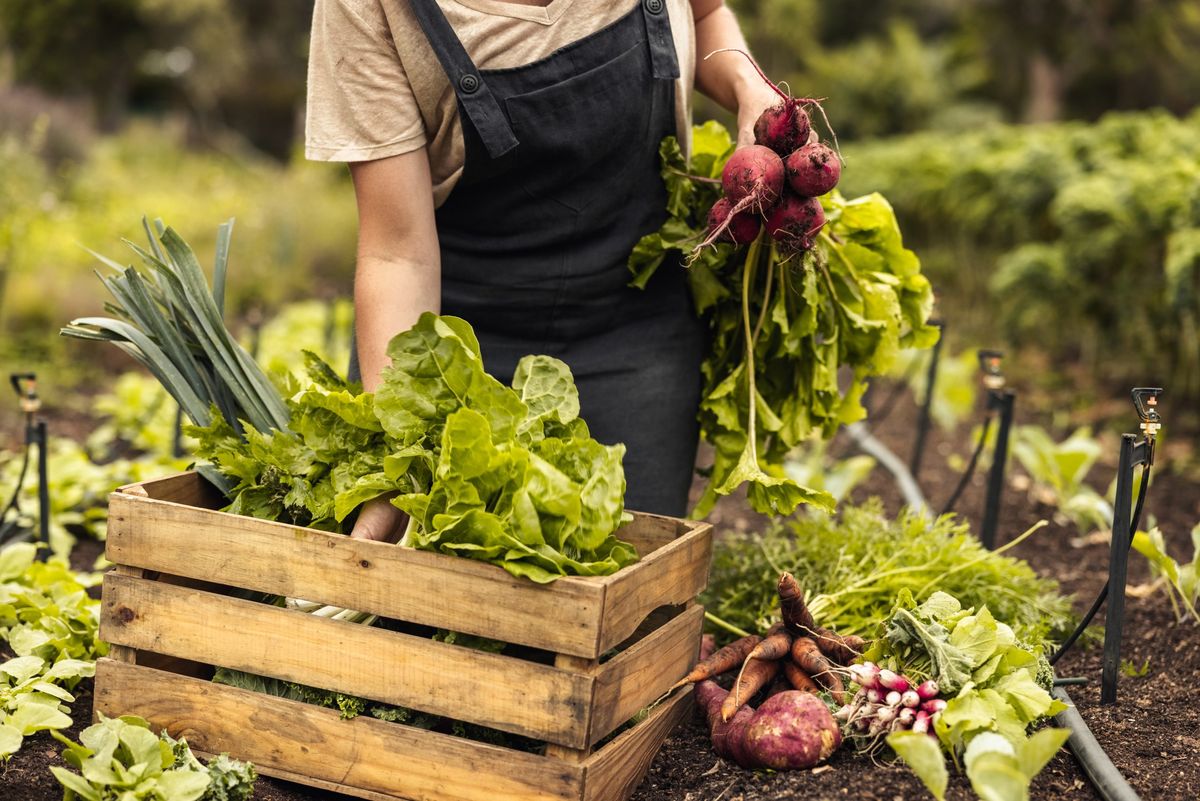
1. 有机食材:自然多样性的真实写照
有机食材是在与环境和谐的状态下栽培的,避免使用人工肥料和农药。不同于追求统一性的传统种植方式,有机种植尊重土地的自然周期和条件。因此,有机作物深受气候、土壤质量甚至收获时间的影响。
对产品的影响:这些因素意味着有机食材的外观、口感和质地会随季节、甚至随产地的变化而有所不同。例如,冬季收成可能会带来更深的颜色,而夏季的作物则可能带来较淡的口感。这些变化突显了从田间到瓶装的有机之旅,展现出自然的微妙差异。
2. 天然发酵:一个充满生命的过程
发酵是一种古老的工艺,通过有益细菌、酵母和其他微生物来转化食材。不同于追求一致性的工业化工艺,天然发酵依赖于活生生的微生物,而这些微生物会响应每批次的独特属性。参与发酵的微生物,如乳酸菌和双歧杆菌,会随着环境、成分组成甚至湿度的变化而发生不同反应。
对产品的影响:这些微生物通过改变食物中的化合物来影响最终产品的风味和质地,每一批的味道和口感都独具一格。较长的发酵时间可能会加深口味并强化颜色,而较短的发酵时间可能带来较为清淡的效果。天然发酵还保留了酶、维生素和益生菌,这些成分虽然会影响产品的口感和外观,但对健康也大有裨益。
3. 不含人工添加剂:纯净的、变化的本质
没有人工稳定剂或色素,产品保持原始形态,呈现天然的变化。虽然人工添加剂可以掩盖自然变化,但有机和发酵产品展示了其真实的多样性。这种对纯净的坚持也意味着避免使用防腐剂,因此即使在包装后,产品的特性仍可能发生变化,前提是保持安全食用。
对产品的影响:这些变化反映了对产品纯净性的承诺。添加剂的缺失使得产品能够保持自然状态,这种状态可能在某一批次中更为鲜亮,而在另一批次中则更为柔和。颜色和口味的变化象征了有机食品的真实和自然之美。
4. 为何接受这种差异?
对消费者而言,有机发酵产品中的这种差异不仅带来了视觉与味觉的多样体验,更是高质量的标志。与通过高度加工统一的产品不同,这种天然多变的产品彰显了其来源的透明性及制作工艺的独特性。
5. 品味自然故事的邀请
每一批天然发酵、有机原料制成的产品都像是在邀请消费者体验当季的收成、环境的细微变化以及发酵过程的生命力。通过接受这些差异,消费者可以体验到一个生动变化的产品,将大自然的味道带入每一次的享用之中。
在一个追求一致性的世界里,有机发酵产品中自然的颜色、口感和质地差异是对能量和生命力的美好提醒。
When it comes to health products derived from organic sources and crafted through natural fermentation, there’s something inherently special about each batch. This uniqueness, often evident in the variations of color, taste, and texture, reflects the raw and minimally processed nature of the ingredients. Let’s dive deeper into why these differences are not only expected but also celebrated as a mark of quality and authenticity.
1. Organic Ingredients: A Reflection of Nature's Variability
Organic ingredients are cultivated in harmony with the environment, without synthetic fertilizers or pesticides. Unlike conventional farming, which can lead to uniform crops, organic farming respects the natural cycles and conditions of the land. As a result, organic crops are deeply influenced by their local climate, soil quality, and even the specific time of harvest.
How It Affects the Product: These factors mean that the appearance, taste, and texture of organic ingredients can shift from season to season, even field to field. A winter harvest might yield a deeper color, while a summer crop may bring a milder taste. Each variation highlights the organic journey from soil to bottle, creating a product that’s truly alive with nature’s nuances.
2. Natural Fermentation: A Living Process
Fermentation is a time-honored process that transforms ingredients using beneficial bacteria, yeast, and other microorganisms. Unlike industrial processes that aim for uniformity, natural fermentation relies on living organisms that respond to the unique properties of each batch. The microorganisms involved in fermentation, like Lactobacillus or Bifidobacterium, interact dynamically with the environment, ingredient composition, and even humidity levels.
How It Affects the Product: These microscopic agents influence the final product’s flavor and texture by altering compounds within the food, producing a unique profile in each batch. A longer fermentation period might deepen flavors and intensify color, while a shorter one may yield a lighter result. Natural fermentation also preserves the enzymes, vitamins, and probiotics that contribute to health benefits, though they may impact taste and appearance.
3. No Artificial Additives: A Pure, Changing Essence
Without synthetic stabilizers or colorings, products retain their original form, free from artificial consistency. While synthetic additives can mask natural changes, organic and fermented products proudly show their variability. This commitment to purity also means avoiding preservatives, so the product's characteristics may evolve even after packaging, as long as they remain safe to consume.
How It Affects the Product: These fluctuations reflect a commitment to integrity. The absence of additives allows the product to embody its natural state, which may be more vibrant in one batch and subtler in another. The changing hues and flavors symbolize the authenticity and raw beauty of organic food.
4. Why Embrace the Differences?
For consumers, the unique variations in organic, fermented products offer more than just a visually appealing and flavorful experience—they also indicate a high level of energy and vitality. Unlike products that are homogenized through heavy processing, naturally variable items are a testament to their origins, providing transparency in both source and production method.
5. An Invitation to Taste Nature’s Story
Every batch of a naturally fermented, organic-sourced product is an invitation to experience the story of that season’s harvest, the subtleties of the environment, and the lively character of the fermentation process. By embracing these variations, consumers connect with a living, evolving product that brings a taste of nature into every serving.
In a world where consistency is often manufactured, the natural differences in color, taste, and texture found in organic and fermented products are a refreshing reminder of the authenticity and vitality of nature.




